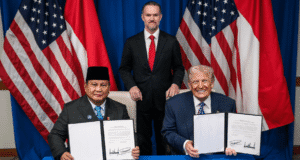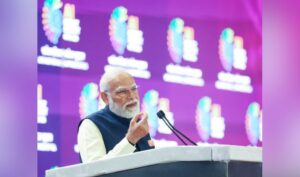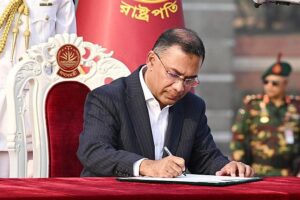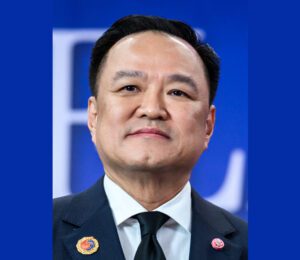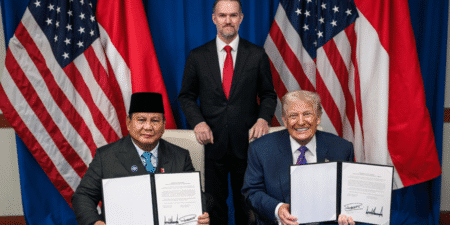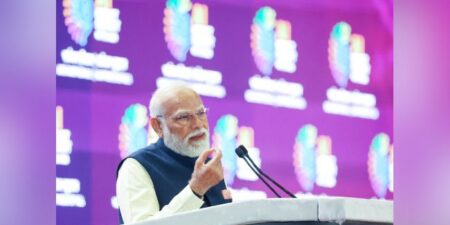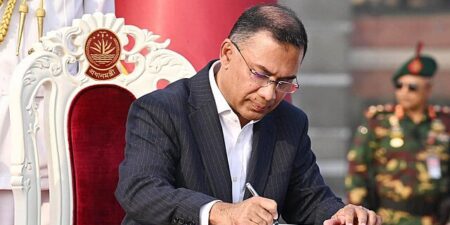
Philippine President Marcos Achieves Significant Development Milestones One Year Into Office
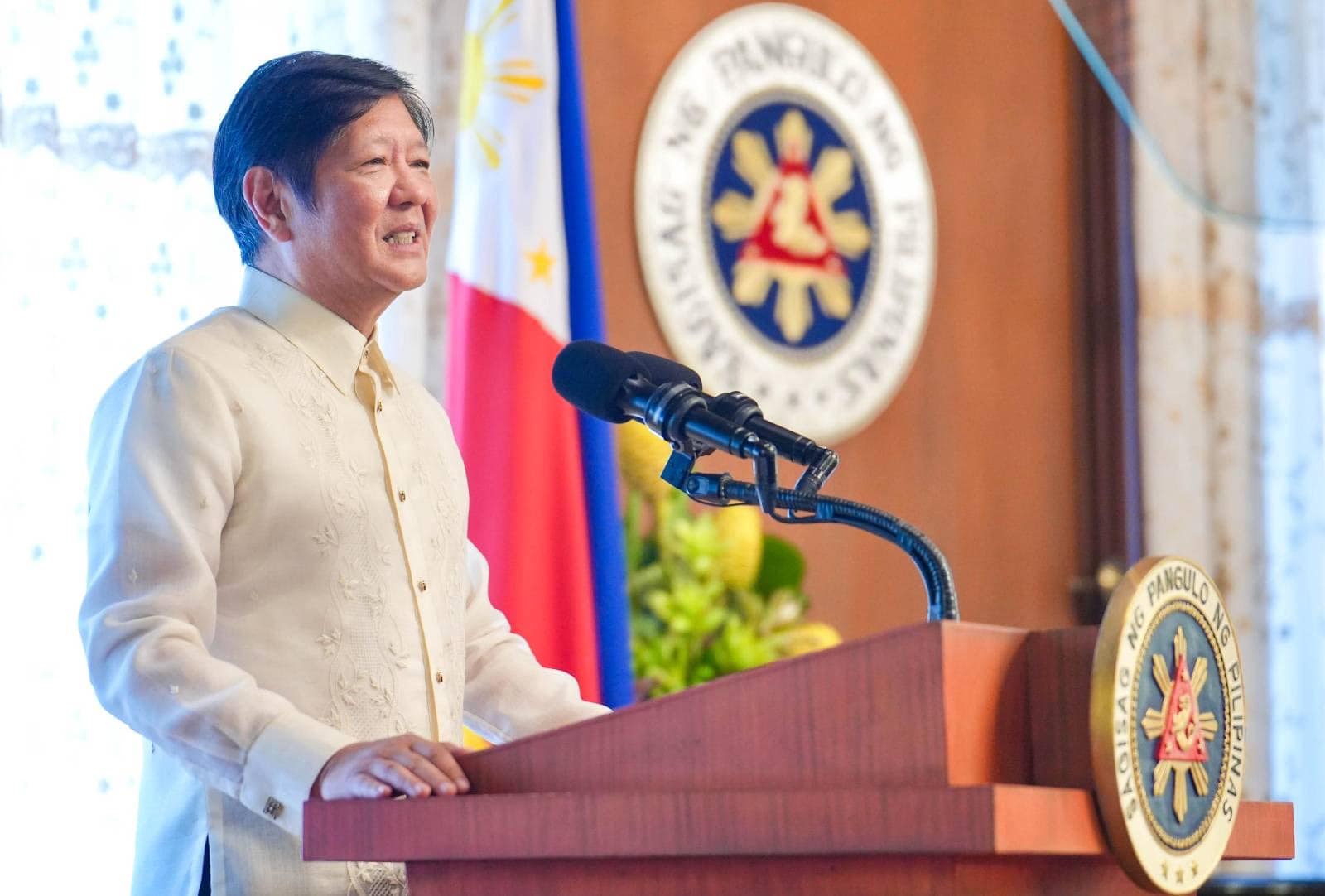
The BGA Philippines Team, led by Managing Director Victor Andres Manhit, wrote an update to clients on policy measures implemented by Philippine President Ferdinand “Bongbong” Marcos Jr. in his first year of office.
Context
- Marcos has within his first year in office implemented substantial policy measures to advance national development. Amid economic challenges and rising geopolitical tensions, his administration has addressed the nuances of development while engaging a diverse array of stakeholders.
- The Marcos administration has achieved a delicate balance to harmonize government, business and civil society interests. The administration recognizes that the foundation for a resilient, inclusive and prosperous Philippine society lies in the dynamic interplay between the government as an enabler, the private sector as a key contributor and civil society as a guardian of societal norms, processes and relationships.
Significance
- The Marcos administration has in its first year used important policy tools to shape national development. These include the Philippine Development Plan 2023-2028, which serves as the country’s blueprint for socioeconomic development over the medium term, and the Philippine Export Development Plan 2023-2028, which aims to transform the Philippines’ export industry into a strong economic driver and create more than 1 million high-quality and sustainable jobs by 2028.
- In its first year, the Marcos administration has articulated a collaborative and inclusive governance approach that recognizes the country’s complex challenges and accompanying political opportunities. The need for a whole-of-society approach to governance is gaining traction, driven by factors such as geopolitical dynamics and economic uncertainty. The Philippine Development Plan 2023-2028 highlights the need for collaborative and inclusive governance, marked by a favorable political environment that fosters trust in the private sector and public-private partnerships. Government agencies are increasingly embracing civil society participation, promoting coordination between national and local government entities and striving for inclusive development. The challenges and opportunities in various sectors such as energy, trade and investments, the environment and defense underscore the critical role of strategic collaboration among stakeholders.
Implications
- The Marcos administration has implemented policy changes to create a favorable business environment, such as green lanes for strategic investments. While domestic consumption drives a significant portion of the Philippine economy, external shocks must be considered in relation to remittances from overseas workers. Focusing on the improvement of manufacturing can diversify income sources, address trade deficits and promote sustainable development. To attract investments, the administration must reduce production costs, improve the ease of doing business, combat corruption, upgrade infrastructure, address inflation and provide incentives to manufacturers and investors.
- The government is committed to accelerating climate action, enhancing disaster resilience and promoting a green and blue economy. Cooperation between the government, private sector and civil society is crucial to attract sustainable investments and implement impactful environmental projects. By working together, these stakeholders can help the Philippines fulfill its international commitments. Businesses are already addressing their environmental impact and strengthening community ties while public-private partnerships foster shared responsibilities, pooled resources and innovative solutions.
We will continue to keep you updated on developments in the Philippines as they occur. If you have any questions or comments, please contact BGA Philippines Managing Director Victor Andres Manhit at vmanhit@bowergroupasia.com.
Best regards,
BGA Philippines Team

Victor Andres Manhit
Managing Director
Dindo is recognized as one of Manila’s most well-connected and savvy advisors on developments in government and business in the Philippines. Concurrent to his role as managing director for BGA’s operations in the Philippines, he is also the founder and managing director of the Stratbase Group and president of its policy think tank, the Albert del Rosario Institute for Strategic and International Studies. Since 1991, Dindo has served as a member of the faculty and is the former chair of the Political Science Department and a senior fellow of the La Salle Institute of Governance at the De La Salle ... Read More
×

















